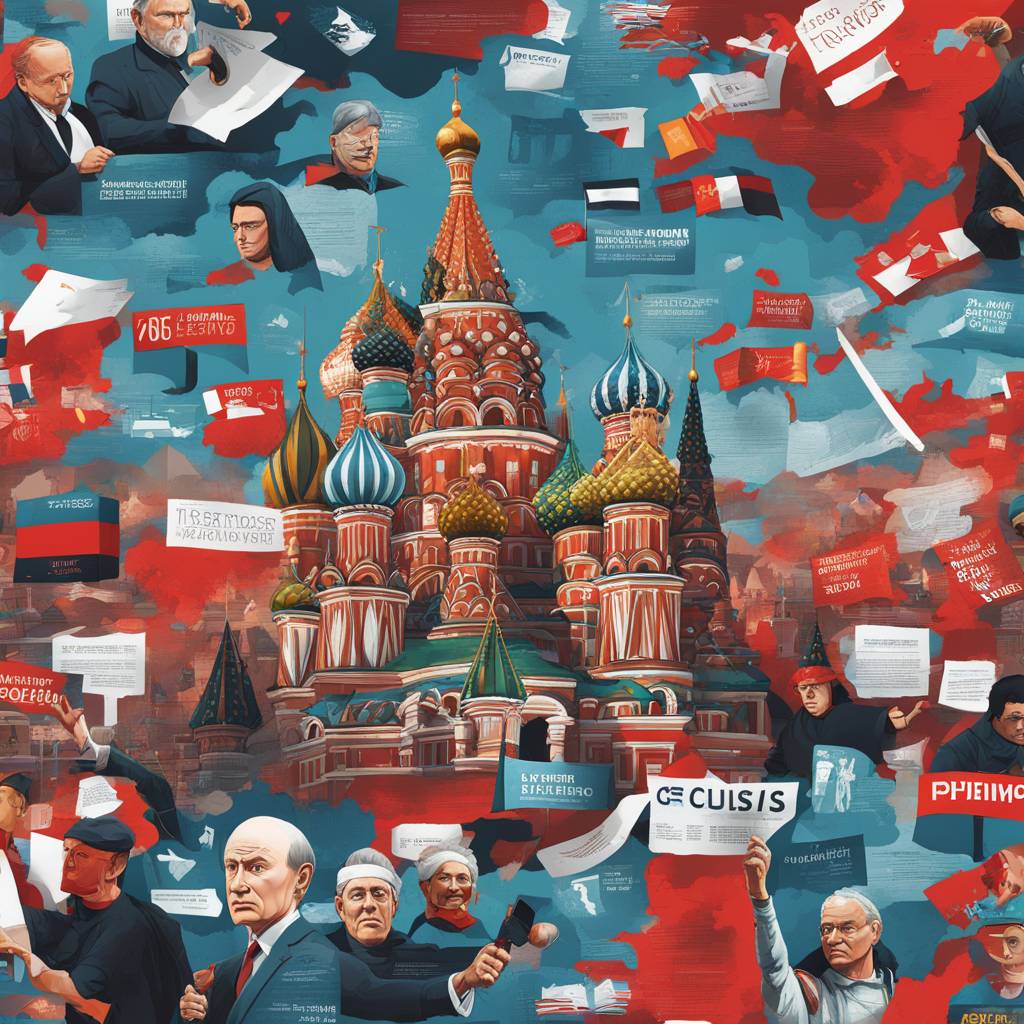The recent terrorist attack at a concert hall near Moscow has sparked two possible hypotheses. The first suggests that the attack was an inside job orchestrated by Russian security forces or carried out with their knowledge. This theory is supported by a history of false-flag operations in Russia, including the 1999 apartment bombings that served as a pretext for Vladimir Putin to launch the second Chechen war. In that case, F.S.B. employees were caught planting explosives, raising suspicions of state involvement. Putin’s quick blame of Ukraine for the recent attack also fuels speculation about his willingness to use violence to further his goals.
The second hypothesis is that the attack was carried out by Islamist terrorists, as there is a history of Islamist terrorism in Russia. The United States had warned Moscow of an imminent attack, but the warnings were dismissed by Putin. This suggests that Putin’s regime is both brutish and incompetent, unable to effectively address internal weaknesses such as a shrinking population and economic instability. While Putin may be seeking to distract from these issues by inciting fear and ramping up military action in Ukraine, the continued presence of ISIS and its affiliates signals ongoing global disorder.
The aftermath of the attack in Moscow highlights the enduring threat posed by ISIS and other extremist groups. Despite the defeat of the so-called caliphate in Iraq and Syria, ISIS-K, responsible for the Moscow attacks, remains active in Afghanistan along with other affiliates operating in Africa. The withdrawal of American support for Kurdish forces guarding ISIS prisoners in Syria and the general retrenchment of U.S. efforts against terrorism have allowed these groups to regroup and carry out attacks worldwide, reminiscent of the Bataclan theater massacre in Paris in 2015.
The recurring pattern of terrorist attacks targeting public venues like concert halls underscores the global security challenge posed by extremist groups. While there is ongoing debate over foreign policy priorities and strategic pivots, the reality is that the threat of Islamist terror remains a significant concern. The failure to effectively address this threat, in addition to challenges posed by China, Iran, and Russia, presents a complex and interconnected security landscape that demands attention. The recent attack in Moscow serves as a warning that these challenges are persistent and require a nuanced and comprehensive approach.
In conclusion, the circumstances surrounding the terrorist attack in Moscow point to a range of possibilities, from state-sponsored violence to Islamist extremism. The historical context of false-flag operations in Russia, combined with the ongoing threat of ISIS and its affiliates, highlights the need for vigilance and international cooperation in combating terrorism. As the United States navigates a changing global landscape, it must address the complex interplay of security challenges posed by various actors, from rogue states to non-state actors intent on causing chaos and destruction. The lessons learned from past attacks underscore the importance of remaining vigilant and proactive in addressing these threats to global peace and stability.








